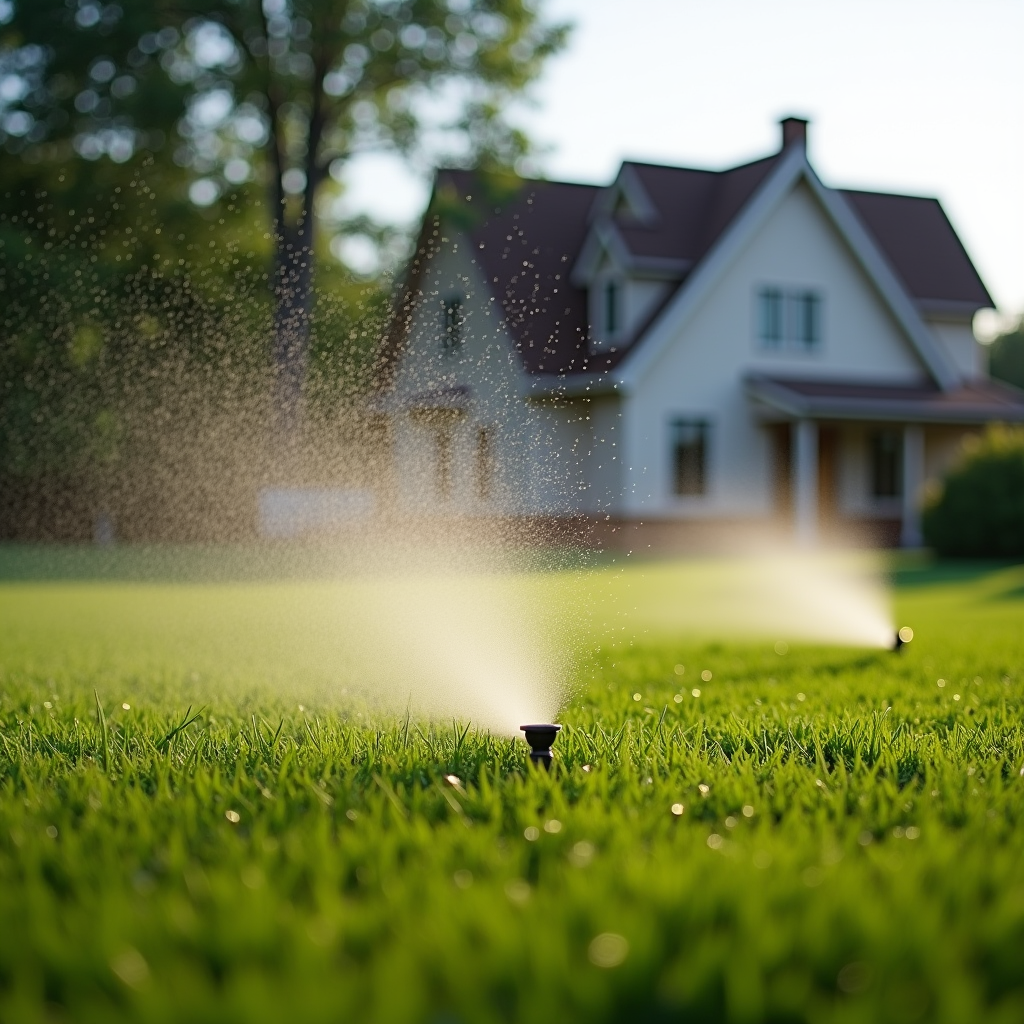Introduction: Why Choose Natural Pest Control?
Maintaining a lush, green lawn is the dream of every homeowner. However, pests can wreak havoc on our beautiful landscapes if we don’t take the right steps to protect them. Enter natural pest control solutions—an eco-friendly approach to maintaining your lawn without resorting to harsh chemicals. Natural methods not only protect your plants but also contribute to a healthier ecosystem. In this article, we’ll explore various natural pest control solutions for your lawn, dive into effective strategies, and equip you with the knowledge needed for optimal lawn care.
Natural Pest Control Solutions for Your Lawn
When it comes to lawn care, understanding pest behavior is crucial. Different pests require different approaches. From insects like grubs and aphids to larger pests such as rabbits, implementing natural solutions can drastically reduce their impact on your garden.
Understanding Lawn Pests
Common Lawn Pests
- Grubs: These are the larvae of beetles and often feed on grass roots. Aphids: Tiny sap-sucking insects that can lead to stunted growth. Fleas: These pests can infest lawns and cause discomfort for pets and humans alike. Moles: While not directly harmful to grass, they can disrupt the root system while tunneling.
Identifying Damage
How do you know if you have a pest problem? Look for:
- Browning patches or areas where grass seems thinner than usual. Visible insects crawling on plants or in the soil. Holes or tunnels in the ground indicating larger animals are active.
If you're experiencing any of these signs, it's time to consider some natural pest control options.

Cultural Practices in Lawn Care
Soil Health Matters
Healthy soil is your first line of defense against pests. Enriching your soil with organic matter will promote beneficial microorganisms that combat harmful pests.
Proper Watering Techniques
Overwatering can lead to fungal diseases and attract pests. Aim for deep watering sessions rather than frequent shallow ones.
Companion Planting: A Smart Strategy
Did you know certain plants can repel pests? Companion planting involves mixing different types of plants that naturally deter specific pests:
Marigolds: Known for repelling nematodes and other harmful insects. Nasturtiums: These flowers attract aphids away from other plants.
This technique not only looks great but also naturally enhances pest control in your garden!
Homemade Pest Control Remedies
Essential Oils as Repellents
Many essential oils can act as natural insect repellents:
- Peppermint oil: Effective against ants and spiders. Tea tree oil: A great choice for treating fungal infections.
To use, simply mix a few drops with water in a spray bottle and apply directly onto affected areas.
Garlic Spray Solution
The pungent smell of garlic may be unpleasant for us but works wonders against many garden pests:
Blend 10 cloves of garlic with water Strain through cheesecloth Fill a spray bottle and apply it weeklyGarlic not only repels pests but also acts as a fungicide!
Beneficial Insects to Attract
Ladybugs and Lacewings
These little critters feast on aphids and other soft-bodied insects. Encourage them by planting flowers like dill or fennel nearby.
Predatory Wasps
While they might be intimidating, predatory wasps target caterpillars and other harmful larvae without harming your grass itself.
Physical Barriers in Lawn Care
Row Covers & Mesh Netting
Using lightweight fabric row covers protects young seedlings from being eaten by larger animals while allowing sunlight through.
Copper Tape Deterrents
For slugs specifically, copper tape placed around plant bases creates an uncomfortable environment when they attempt to cross it.

Natural Fertilizers as Pest Deterrents
Compost Tea Application
Regularly applying compost tea helps improve soil health while providing nutrients necessary for plant resilience against pests.
Mulching Techniques
Applying organic mulch not only retains moisture but also creates an unfavorable environment for weeds and certain pests.
FAQs About Natural Pest Control Solutions for Your Lawn
1. What are some effective natural pest control methods?
Natural methods include https://connerzzkg.bloggersdelight.dk/2025/02/28/exploring-the-benefits-of-xeriscaping-in-landscape-design/ companion planting, homemade sprays (like garlic), attracting beneficial insects, and using physical barriers such as row covers or copper tape.

2. How often should I apply homemade pest control remedies?
Frequency depends on rainfall and pest activity; generally speaking, once a week is a good rule of thumb during peak seasons or after heavy rains.
3. Can I use essential oils directly on my lawn?
It’s best to dilute essential oils with water before applying them directly to avoid damaging plant foliage.
4. Are there any risks associated with using natural pesticides?
While generally considered safe, overuse of any substance—even natural ones—can disrupt local ecosystems or harm beneficial organisms if misapplied.
5. How do I identify which pest is affecting my lawn?
Look closely at damaged areas; research any visible insects online or consult a local extension service for assistance identifying specific bugs impacting your grass health.
6. Is it possible to completely eliminate all lawn pests naturally?
While complete elimination isn’t realistic or advisable (as some pests play beneficial roles), employing various strategies can significantly reduce their populations while keeping your lawn healthy!
Conclusion: Embrace Natural Pest Control Solutions
In summary, maintaining a vibrant lawn doesn’t have to come at the cost of environmental health. By embracing natural pest control solutions for your lawn—like creating a biodiverse ecosystem through companion planting or using homemade remedies—you’re setting yourself up not just for immediate success but long-term sustainability too! Remember that patience is key; results won’t be instantaneous but investing time into nurturing both your grass and its surrounding environment will yield rich rewards down the line! With these tips up your sleeve, you’re well-equipped to tackle any unwanted visitors without sacrificing safety—or sanity! Happy gardening!